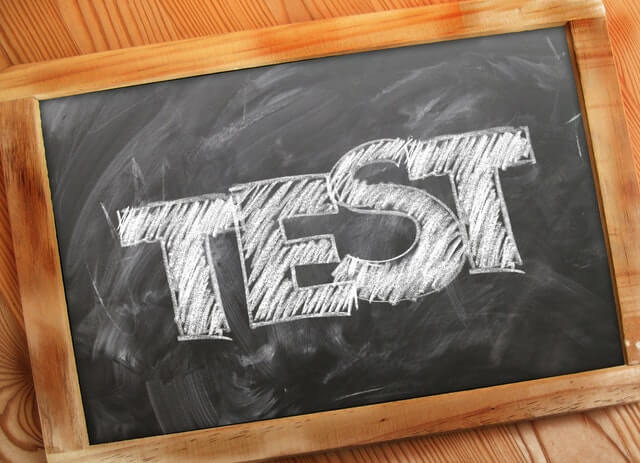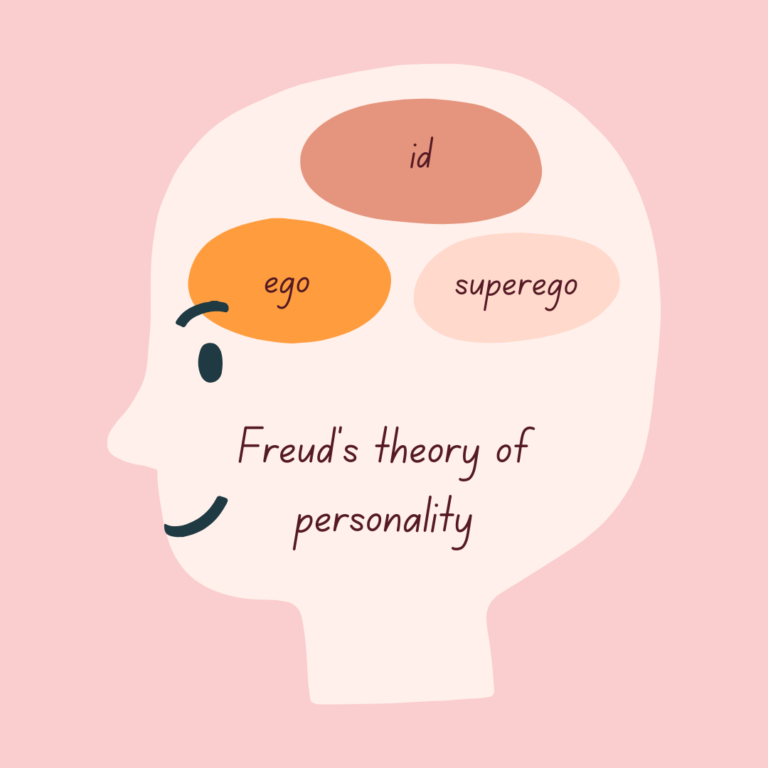A List of Negative Personality Traits
We all have our flaws, but these negative traits can really drag you down. Learn how to spot—and maybe even fix—the worst offenders.

We all have our flaws, but these negative traits can really drag you down. Learn how to spot—and maybe even fix—the worst offenders.

Whether you want to relax or spark your creativity, these 180+ introvert-friendly hobbies will help you find the perfect balance of calm and enjoyment.

Ambiverts can switch between social and solo, but omniverts take it to another level. Here’s what sets these personality types apart (and how to tell if you’re one).

Neutral personality traits are characteristics that are not viewed as either inherently good or bad. Instead, they tend to be more nuanced, and whether they are advantageous or disadvantageous tends to depend on the situation, context, or impact. Unlike positive attributes or positive demeanors, these personality characteristics don’t always lean toward good, but they don’t…

Reserved people tend to me more private, introverted, and cautious. Learn more about what it means you have this type of personality.

The 16 Personality Factors (16PF) are a framework for understanding personality traits introduced by psychologist Raymond Cattell. This theory is based on the idea that there are 16 basic personality dimensions. Cattell also suggested that these dimensions could be measured using self-report questionnaires and other methods. Cattell’s theory is one of the many ways of…

The 16 MBTI personality types are those identified by the Myers-Briggs Type Indicator. This self-report personality questionnaire suggests that personality comprises four dimensions, corresponding to 16 distinct personality types. What Is the Myers-Briggs Type Indicator (MBTI)? The MBTI stands for the Myers-Briggs Type Indicator. The test was developed by writer Katharine Cook Briggs and her…

In Sigmund Freud’s structural model of the psyche, he described three parts of personality: the id, ego, and superego. The ego is the part of personality that strikes a balance between the primitive urges of the id, the idealistic standards of the superego, and the demands of reality. Freud believed that the ego functions according…

In Sigmund Freud’s theory of personality, the id is the primitive part of human personality that strives to fulfill a person’s most basic, instinctive desires. This part of a personality is part of the unconscious mind. According to Freud, the id operates based on what is known as the pleasure principle. This means that the…

Known for their calm demeanor and perfectionist tendencies, Type C personalities often struggle with stress in silence. Learn how this personality type impacts behavior and health, and what it means for personal well-being

Ego strength plays a crucial role in how we cope with life’s challenges. Learn how this psychological concept impacts resilience, self-control, and our ability to navigate stress.

Freud’s pleasure principle suggests we’re driven by the pursuit of pleasure and the avoidance of pain. Discover how this theory lays the foundation for understanding human behavior and our inner desires.

ABCD personality types describe four types of personality based on traits, attitudes, and response to stress.

Personality traits are fairly consistent and predictable patterns of behaviors, thoughts, and feelings. Cardinal traits are dominant personality characteristics that strongly determine a person’s behavior. Such traits are so strong and persistent that the individual becomes associated with that quality. While other personality traits are present earlier in life, cardinal traits become more apparent as…

How much do you know about personality psychology? Put your knowledge to the test with this brief quiz.

Ever wonder how we form quick judgments about people? Implicit personality theory reveals how our unconscious beliefs shape the way we see others—and how those snap perceptions influence our daily interactions.

Personality psychology explores the unique patterns of thoughts, feelings, and behaviors that define who we are. It seeks to uncover what drives our individual traits and how they influence our interactions with the world. Key Takeaways What Is Personality Psychology? Personality psychology is a branch of psychology that studies the patterns of thoughts, feelings, and…

People with a Type A personality are ambitious, competitive, and perfectionistic—which can be advantageous at times, and stressful in others.

The id, ego, and superego are important are components of personality in Freud’s psychoanalytic theory. Learn more.

Introverts make up an estimated 40% of the population, but people with this personality type are often seen as something of a mystery. What exactly is an introvert? To understand the meaning of introversion, looking at the characteristics of introverts share can be helpful. What Does Introvert Mean? Introversion is one of the major personality…